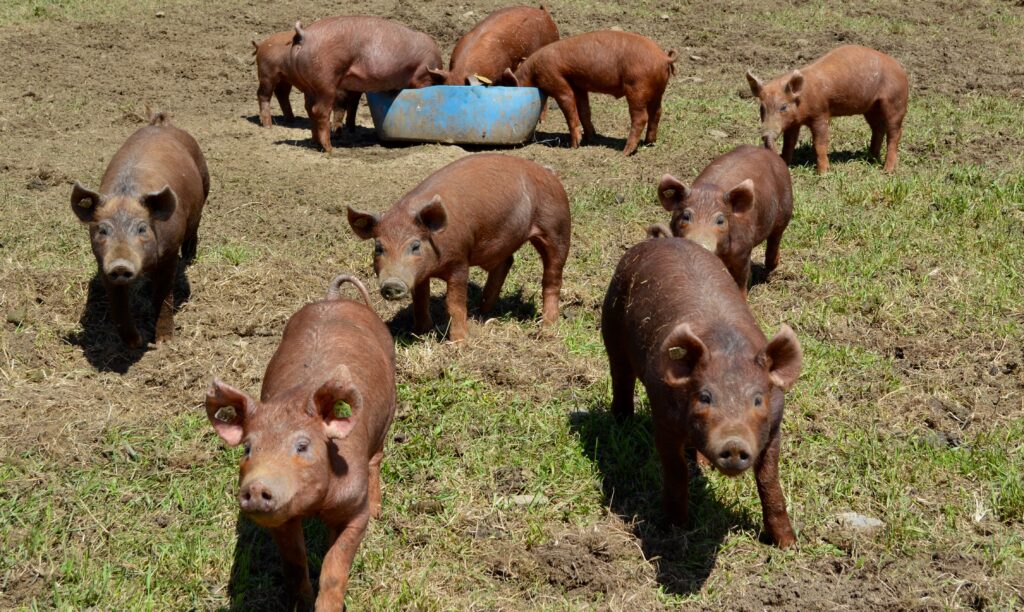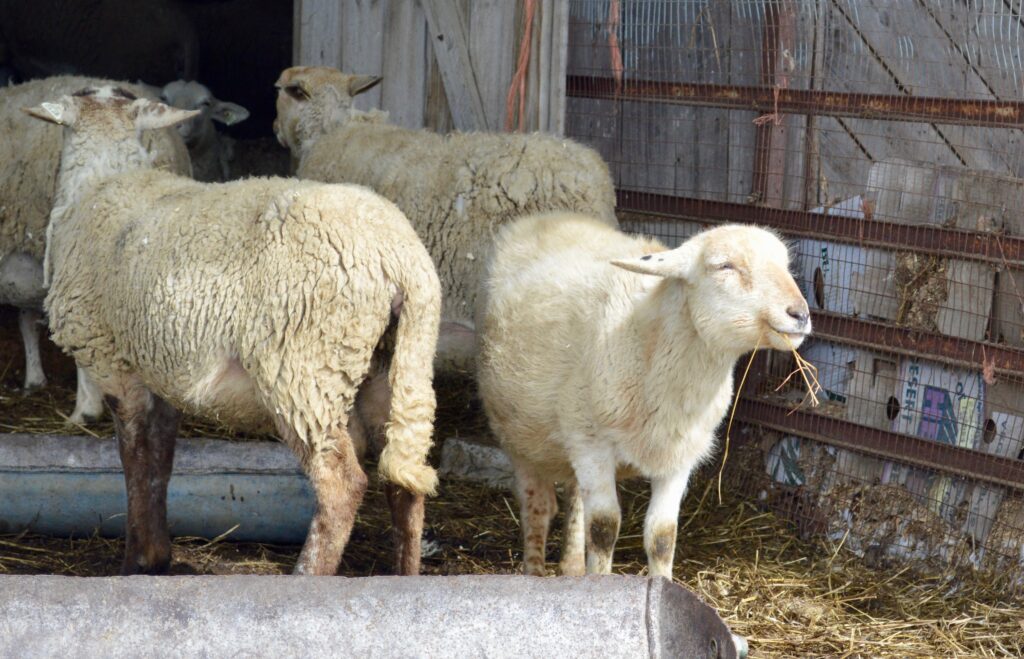Cleaning, Grading and Hatching Eggs
By Diane Schivera, MAT Revised June 2017 Introduction Many natural barriers help prevent bacteria from entering eggs. The “bloom” or “cuticle,” a gelatinous covering that dries after the egg emerges from the hen, helps seal the pores in the shell, reducing moisture loss and bacterial penetration. The many egg membranes also help prevent the passage


